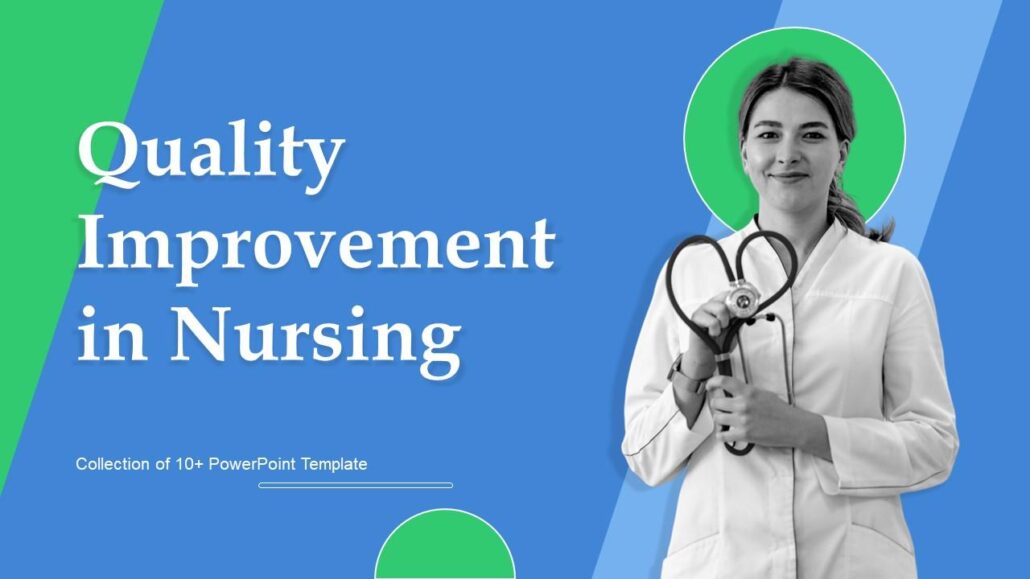Overview (Scholarly Activities)
Quality Improvement is a critical element of quality healthcare delivery that meets the needs of patients and the community. I took part in a quality improvement committee (QIC) that aims at improving wait times at the emergency department in our organization. The role of the committee is to provide guidance and oversight to QI activities with the common goal of improving the healthcare outcomes of the organization (Ogrinc et al., 2019) (Scholarly Activities).

The committee meets to analyze, monitor, and evaluate ongoing quality improvement projects. In this case, the QIC met to evaluate the implementation of the ongoing initiative to reduce wait times in ED. The target market for the meeting was ED nurses, all practitioners working with ED, and other healthcare workers who play an integral role in ensuring ED runs effectively. The overarching aims of the QI are to improve patient outcomes, improve efficiency of staff, and reduce wait times. The activity influenced my understanding of the process of QI and how to streamline the change process to ensure effective implementation of change.
Problem
The QIC meeting intended to;
- Evaluate the progress change implementation of the QI project
- Analyze the initial outcomes of the QI project.
- Identify the challenges to the implementation process
- Propose potential solutions to any challenges in the implementation process.
- Determine the rising needs of the QI project implementation team
Since the inception of the QI project on reducing wait times in ED, the QIC has helped shape the processes and procedures implemented by the QI team. The QI project is currently in the implementation stages where changes were introduced to the ED process and primary stakeholders (All ED staff) were trained on the changes. The meeting was set up to analyze and evaluate the progress of the implementation phase (Scholarly Activities).
The QI project settings can be challenging to implement due to high resistance and lack of sufficient understanding of the new processes. Taking part in the activity informs the nurse on how to evaluate the change process and provides a clear understanding of the vital elements that can drive or deter change (Kaplan et al., 2021) (Scholarly Activities).
Solution
- Improving the engagement of nurses and practitioners in the change process
- Improve collaboration between teams in ED
- Improve confidence in the new processes and emphasize the importance and use of new measures
Opportunity
The activity helped define the problems arising from the implementation of the QI project and potential solutions. The objectives and goals that were met during the committee meeting include evaluating the QI project, identifying the arising problems, proposing solutions, engaging the key stakeholders, and monitoring the progress of the project. Participating in the project helped me understand how to evaluate change and address the problems that arise from the implementation of change processes (Scholarly Activities).
Program Competencies Addressed
These are the program competencies that were addressed in this scholarly activity.
- Participate in health care policy development to influence nursing practice and health
- Understand and value the processes of critical thinking, ethical reasoning, and decision-making.
- Promote interprofessional collaborative communication with healthcare teams to provide safe and effective care (Scholarly Activities).
References
Kaplan, R. S., Jehi, L., Ko, C. Y., Pusic, A., & Witkowski, M. (2021). Health care measurements that improve patient outcomes. NEJM Catalyst Innovations in Care Delivery, 2(2).
Ogrinc, G., Armstrong, G. E., Dolansky, M. A., Singh, M. K., & Davies, L. (2019). SQUIRE-EDU (Standards for QUality Improvement Reporting Excellence in Education): publication guidelines for educational improvement. Academic Medicine, 94(10), 1461.
